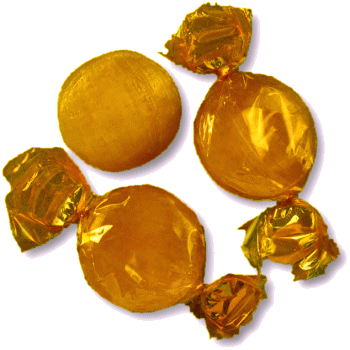




WELCOME TO An Entertainment Site for Scottish Country Dancers - Enjoy the curated selection of theme-related dances for celebrations and holidays, or find a dance associated with a special calendar day, or EVEN your own birthday!
Old New Year
Jan 13
Other Scottish Country Dances for this Day
Today's Musings, History & Folklore
“I don’t believe in astrology; I’m a Sagittarius and we’re skeptical.” ~ Arthur C. Clarke
Having trouble with your dance diagrams? Skeptical that you might have the wrong program? No worries! Just Dance! Though the world may be uncertain, it is good to know a Petronella can come in handy as a default move, at least on the dance floor.
Would you classify yourself as a Scottish Country Dancer who adheres to the philosophy of skepticism - the practice of questioning whether claims are supported by empirical research and have reproducibility, as part of a methodological norm for scientific inquiry? Well, you're in good company. The oldest skeptical society, "Association Against Quackery" is a Dutch organization founded in 1881. The word "quack," in the sense of a medical impostor, is a shortening of the old Dutch quacksalver (spelled kwakzalver in the modern Dutch), which originally meant a person who cures with home remedies, and then came to mean one using false cures or knowledge. Though the world may be uncertain, it is good to know a Petronella can come in handy as a default move, at least on the dance floor.
When in Doubt, Dance Petronella
In ordinary usage, skepticism (US) or scepticism (UK) from the Greek skeptomai, to think, to look about, to consider, refers to an attitude of doubt or a disposition to incredulity either in general or toward a particular object; or the doctrine that true knowledge or some particular knowledge is uncertain.
Skepticism is not a single position but covers a range of different positions. In the ancient world there were two main skeptical traditions. Academic skepticism took the dogmatic position that knowledge was not possible; Pyrrhonian skeptics refused to take a dogmatic position on any issue—including skepticism. Radical skepticism ends in the paradoxical claim that one cannot know anything—including that one cannot know about knowing anything.
Scientific or rational skepticism involves the application of skeptical philosophy, critical-thinking skills, and knowledge of scienceand its methods to empirical claims, while remaining agnostic or neutral to non-empirical claims (except those that directly impact the practice of science).
There is even the concept of pseudoskepticism (or pseudoscepticism) is a philosophical or scientific position which appears to be that of skepticism or scientific skepticism but which in reality fails to be so.
****
It is good to know that when all else is uncertain, a petronella will suffice for the moment.
For more on skeptical responses to revolutionary inventions that turned out to be wrong, click the Pillings' diagram reference, a notation which confounds beginners and skeptics alike.
Click the dance cribs or description below to link to a printable version of the dance!



